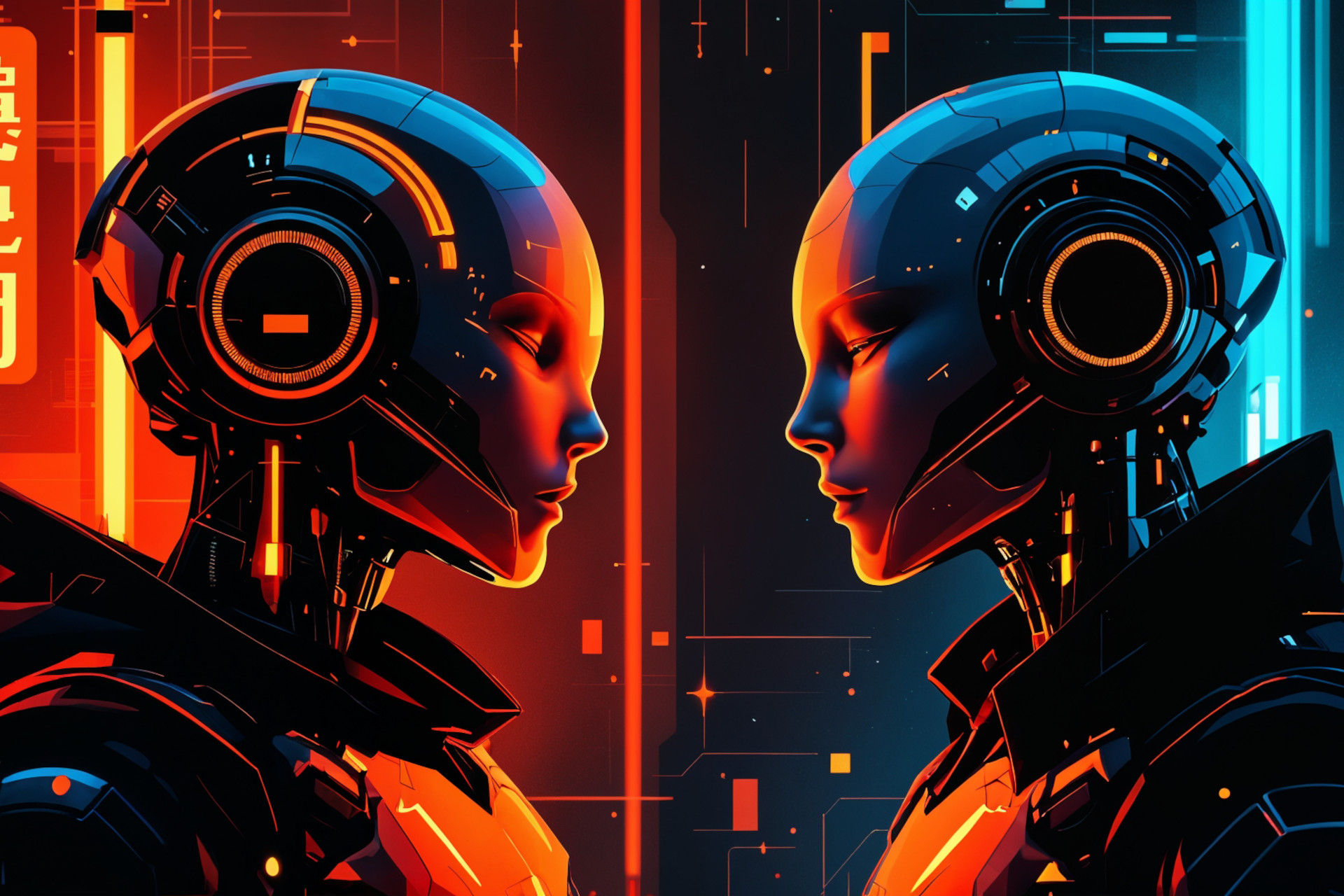In the seemingly upside-down world of artificial intelligence economics, getting cheaper has never been more expensive. While headlines celebrate the dramatic fall in AI token pricing—with costs decreasing by 10x every year for equivalent performance—a growing number of AI companies are discovering that their bills are actually skyrocketing. The culprit? A fundamental shift in how...
Category: AI
AI Gets Its “I Know Kung Fu” Moment: Researchers Create Instant Expertise Downloads for Language Models
Remember that iconic scene in The Matrix where Neo gets martial arts expertise instantly downloaded into his brain, then opens his eyes and declares "I know kung fu"? Researchers have essentially created the AI equivalent of that moment. A team of scientists has developed Memory Decoder, a breakthrough technique that can instantly grant language models...
The Janitor’s Induction Machine: Rediscovering Peter Putnam’s Logic of Mind
December 1987. A bicycle goes down on East Main Street in Houma, Louisiana. The rider—a night janitor—dies. Two blocks away, his cramped apartment holds thousands of typed pages. Diagrams, memos, manuscripts—all sketching what he called a "calculus of mind." Here's the kicker: this janitor wasn't just any custodian. Peter Putnam had studied with John Archibald...
The Web’s Old Guard Isn’t Chasing AGI—They’re Building the New Infrastructure
Christina Wodtke, veteran product designer and Stanford lecturer, captured something profound recently: "The old timers who built the early web are coding with AI like it's 1995. They gave blockchain the sniff test and walked away. Ignored crypto. NFTs got a collective eye roll. But AI? Different story. The same folks who hand-coded HTML while...
The Fast Fashion Era of SaaS: When Software Becomes Disposable
Sam Altman's recent observation about "entering the fast fashion era of SaaS" cuts to the heart of a transformation already underway in software development. Just as Zara and H&M revolutionized retail by prioritizing speed and trendiness over durability, AI-powered development tools are enabling a new breed of software creation that values rapid iteration and market...
The Agentic Web: How Autonomous AI Agents Could Reshape the Internet’s Next Era
The internet is on the cusp of a new transformation. After the static pages of the PC Web and the mobile app explosion of the last decade, a third era is emerging – one defined not by humans clicking links or scrolling feeds, but by autonomous AI agents acting on our behalf. Researchers are calling...
The Great Interface Renaissance
The computing world is experiencing its first fundamental interaction paradigm shift in over 60 years. While graphical user interfaces dominated for decades after displacing command lines, large language models are now enabling a profound return to text-based interaction—but with transformative intelligence that makes natural language the universal computing interface. This isn't simply nostalgia for terminal...
Software Development Agents: What Works and What Doesn’t
AI is rapidly transforming software development. Tools like GitHub Copilot introduced AI-powered code autocompletion, and now more advanced autonomous coding agents (e.g. Devin, OpenHands) are emerging. These agents can take high-level instructions and perform multi-step coding tasks, acting almost like a junior developer working asynchronously. The excitement is high – some engineers report 10× productivity...
Microsoft’s TinyTroupe Gets Major Update: Digital Humans for Business Insights
AI Just Declared Humans the Bottleneck in Research – And Built a System to Fix It
Imagine an artificial intelligence so advanced it decides that humanity, for all its brilliance, is actually slowing down its own progress. Then, it proceeds to design a system to conduct scientific research autonomously, from hypothesis to testing, fundamentally changing how we develop AI. This isn’t science fiction; it’s the bold claim emerging from a new...









